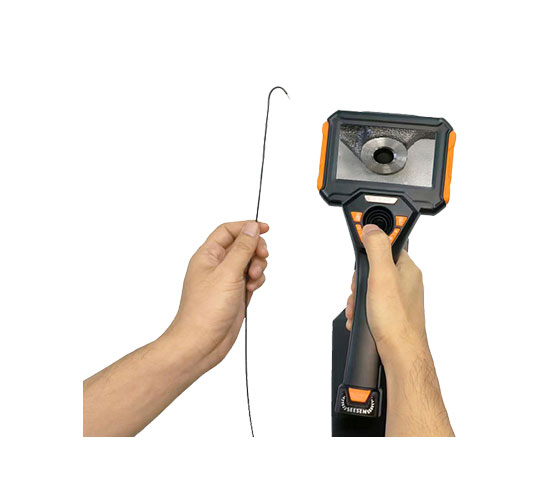Choosing the Right Industrial Videoscope Manufacturer
When it comes to selecting an industrial videoscope manufacturer, businesses must make a well-informed decision to ensure that they invest in a product that meets their specific needs and delivers reliable performance. Industrial videoscopes play a crucial role in various industries, including manufacturing, aerospace, automotive, and more, by allowing professionals to inspect hard-to-reach areas and assess the condition of machinery, components, and structures. Here are some key factors to consider when choosing the right industrial videoscope manufacturer.
- Quality and Durability: One of the foremost considerations is the quality and durability of the videoscope. Look for a manufacturer with a reputation for producing robust and reliable devices that can withstand harsh industrial environments. Quality videoscopes are more likely to provide accurate and consistent results over time, reducing the need for frequent replacements or repairs.
- Optical Performance: The optical performance of a videoscope is critical for clear and detailed inspections. A manufacturer that utilizes high-quality optics and advanced image processing technology will provide sharper and more accurate images. Consider factors such as resolution, image clarity, and the ability to capture still images or videos.
- Probe Flexibility: Different industrial applications require varying probe sizes and configurations. A reputable manufacturer should offer a range of probes with different diameters, lengths, and articulation capabilities to accommodate diverse inspection needs. This flexibility ensures that the videoscope can access and navigate complex and confined spaces.
- User-Friendly Interface: An intuitive and user-friendly interface is essential for efficient operation. Manufacturers that design their videoscopes with a clear and easy-to-navigate interface help users save time and reduce the learning curve. Features like touchscreen displays and customizable menus can enhance user experience.
- Portability and Ergonomics: Consider the portability and ergonomics of the videoscope. A lightweight and ergonomically designed device is easier to handle during inspections, especially in extended or challenging scenarios. Look for options with ergonomic grips and compact designs for improved maneuverability.
- Lighting and Illumination: Adequate lighting and illumination are crucial for capturing high-quality images and videos in dark or poorly lit environments. Manufacturers that incorporate adjustable LED lighting systems into their videoscopes allow users to optimize visibility during inspections.
- Battery Life and Power Options: Depending on your inspection requirements, battery life can be a significant factor. Choose a manufacturer that offers videoscopes with long-lasting batteries or the option for external power sources to ensure uninterrupted inspections during long sessions.
- Service and Support: Evaluate the manufacturer’s after-sales service and support options. A responsive customer support team, readily available spare parts, and timely maintenance services can significantly reduce downtime and keep your videoscope in top condition.
- Certifications and Compliance: Ensure that the videoscope manufacturer complies with industry standards and certifications relevant to your specific application. This is particularly important for industries with strict regulatory requirements, such as aviation or pharmaceuticals.
- Cost and Warranty: Finally, consider your budget and the warranty offered by the manufacturer. While cost is a factor, it’s essential to balance it with the quality and features of the videoscope. A manufacturer that offers a competitive price and a solid warranty provides added peace of mind.
In conclusion, choosing the right industrial videoscope manufacturer involves a comprehensive assessment of various factors, including quality, optical performance, probe flexibility, user interface, portability, lighting, battery life, support, certifications, and cost. By carefully considering these aspects, businesses can make an informed decision and select a manufacturer that meets their specific inspection needs and delivers a reliable and durable product.


